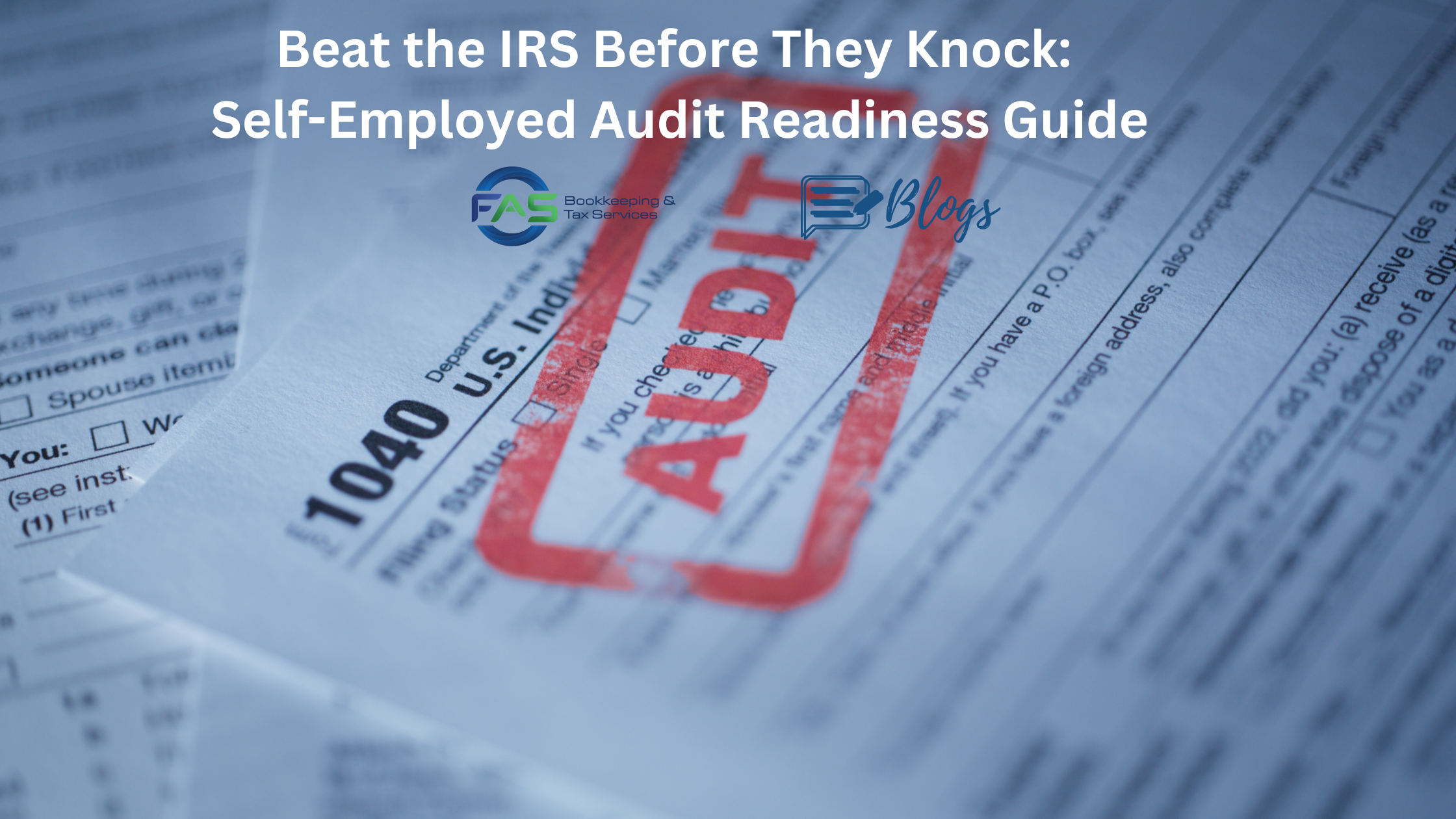As an individual, you’ve no doubt been urged to regularly check your credit score. Most people nowadays know that, with a subpar personal credit score, they’ll have trouble buying a home or car or just getting a reasonable-rate credit card.
But how about your business credit score? It’s important for much the same reason — you’ll have difficulty obtaining financing or procuring the assets you need to operate competitively without a solid score. So, you’ve got to be vigilant about it.
Algorithms and Data
Business credit scores come from various reporting agencies, such as Experian, Equifax and Dun & Bradstreet. Each agency has its own algorithm for calculating credit scores. Like personal credit scores, higher business credit scores equate with lower risk (and vice versa).
Credit agencies track your business by its employer identification number (EIN). They compile data from your EIN, including the company’s address, phone number, owners’ names, and industry classification code. Agencies may also search the Internet and public records for bankruptcies, judgments and tax liens. Suppliers, landlords, leasing companies and other creditors may also report payment experiences with the company to credit agencies.
Important Factors
Timely bill payment is the biggest factor affecting your business credit score. But other important ones include:
Level of success. Higher net worth or annual revenues generally increase your credit score.
Structure. Corporations and limited liability companies tend to receive higher scores than sole proprietorships and partnerships because these entities’ financial identities are separate from those of their owners.
Industry. Some agencies keep track of the percentage of companies under the company’s industry classification code that has filed for bankruptcy. Participation in high-risk industries tends to lower a business credit score.
Track record. Credit agencies also look at the length and frequency of your company’s credit history. Once you establish credit, your business should periodically borrow additional money and then repay it on time to avoid the risk of being downgraded.
Best Practices
Business credit scores help lenders decide whether to approve your loan request, as well as the loan’s interest rate, duration, and other terms. Unfortunately, some small businesses and start-ups may have little to no credit history.
Build your company’s credit history by applying for a company credit card and paying the balance off each month. Also, put utilities and leases in your company’s name, so the business is on the radar of the credit reporting agencies.
Sometimes, credit agencies base their ratings on incomplete, false or outdated information. Monitor your credit score regularly and note any downgrades. In some cases, the agency may be willing to change your score if you contact them and successfully prove that a rating is inaccurate.
Central Role
Maintaining a healthy business credit score should play a central role in how you manage your company’s finances. Contact us for help in using credit to help maintain your cash flow and build the bottom line.




